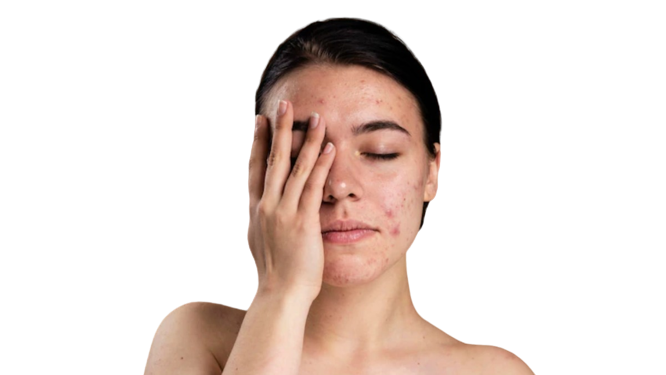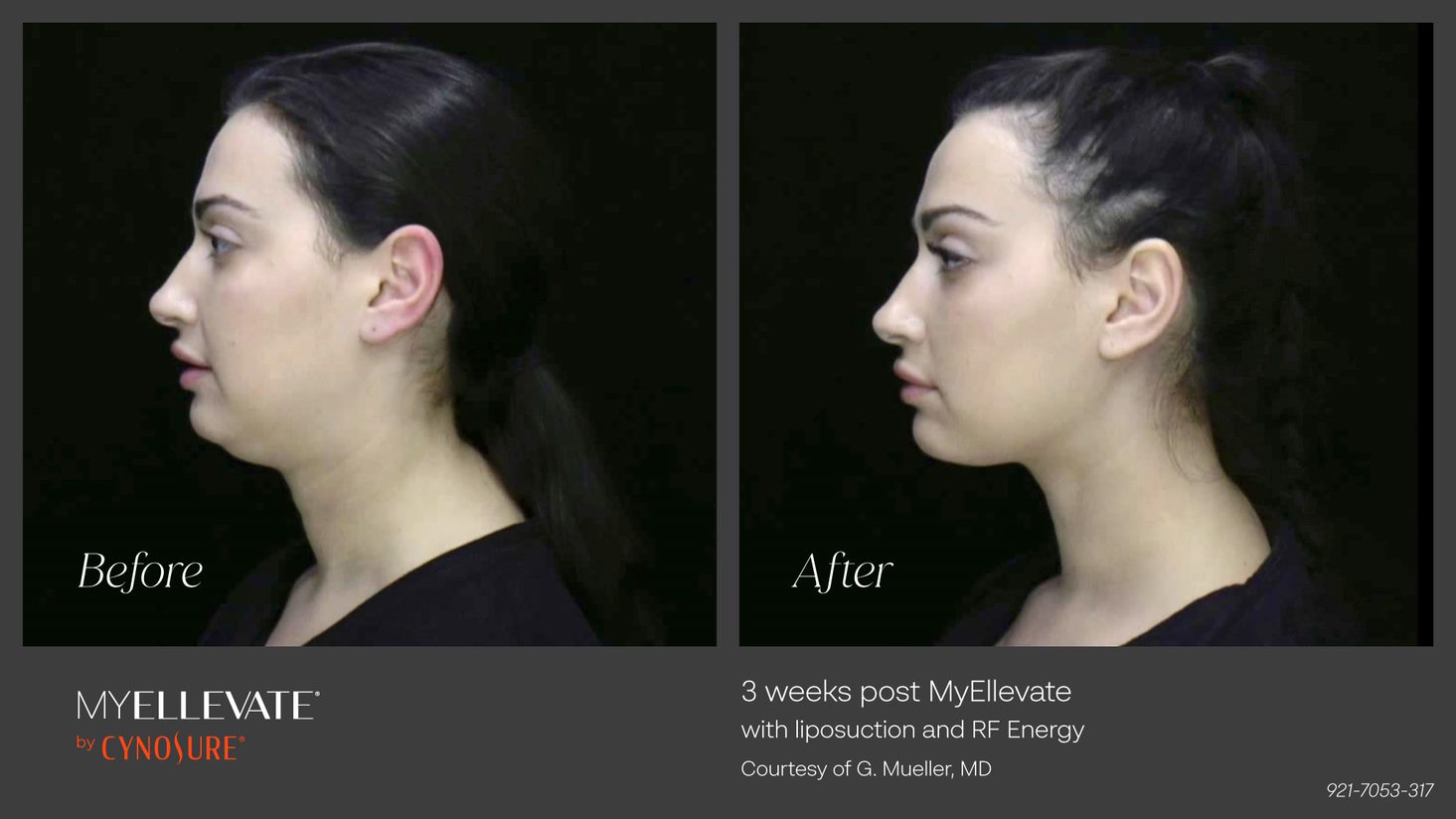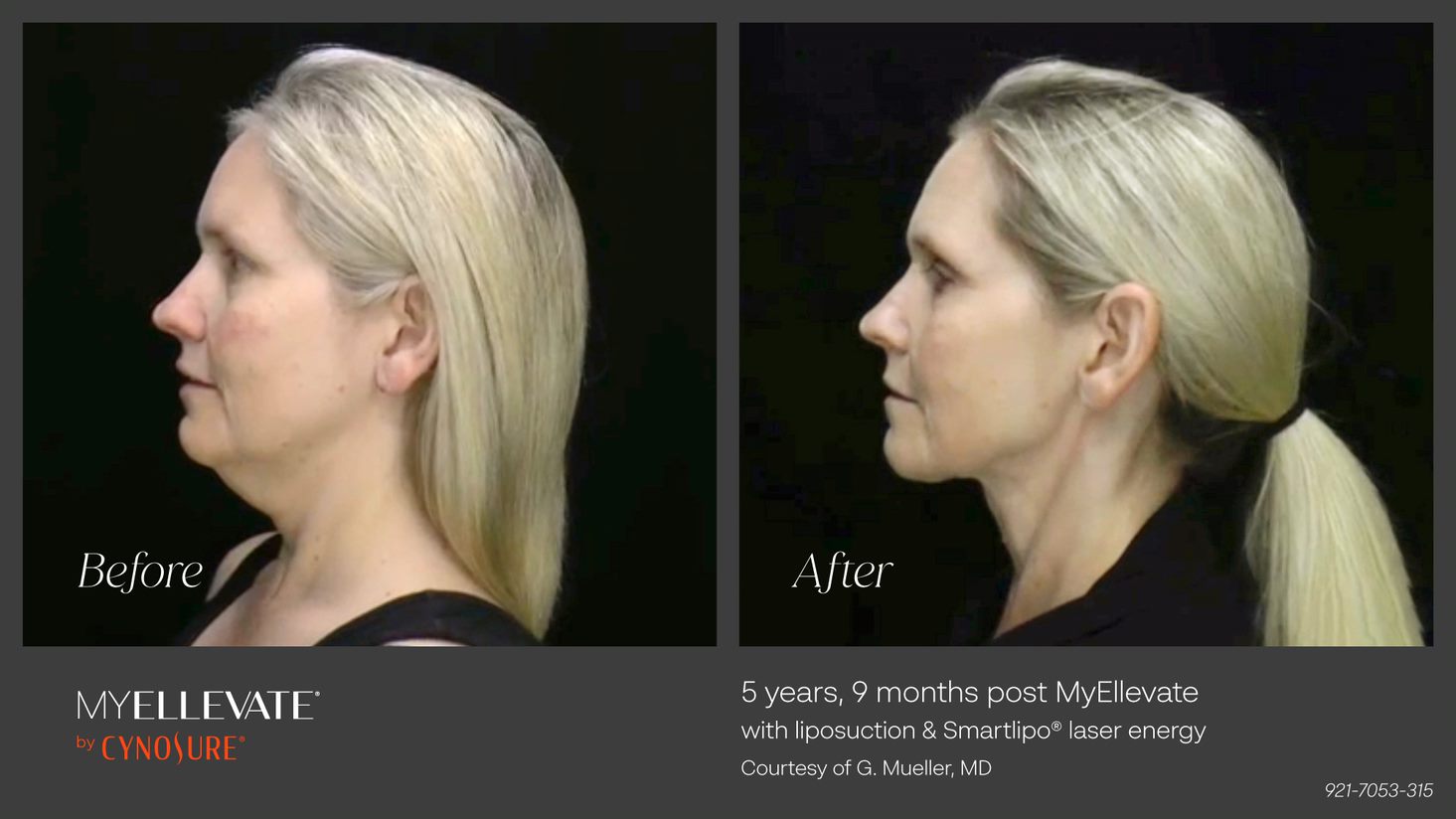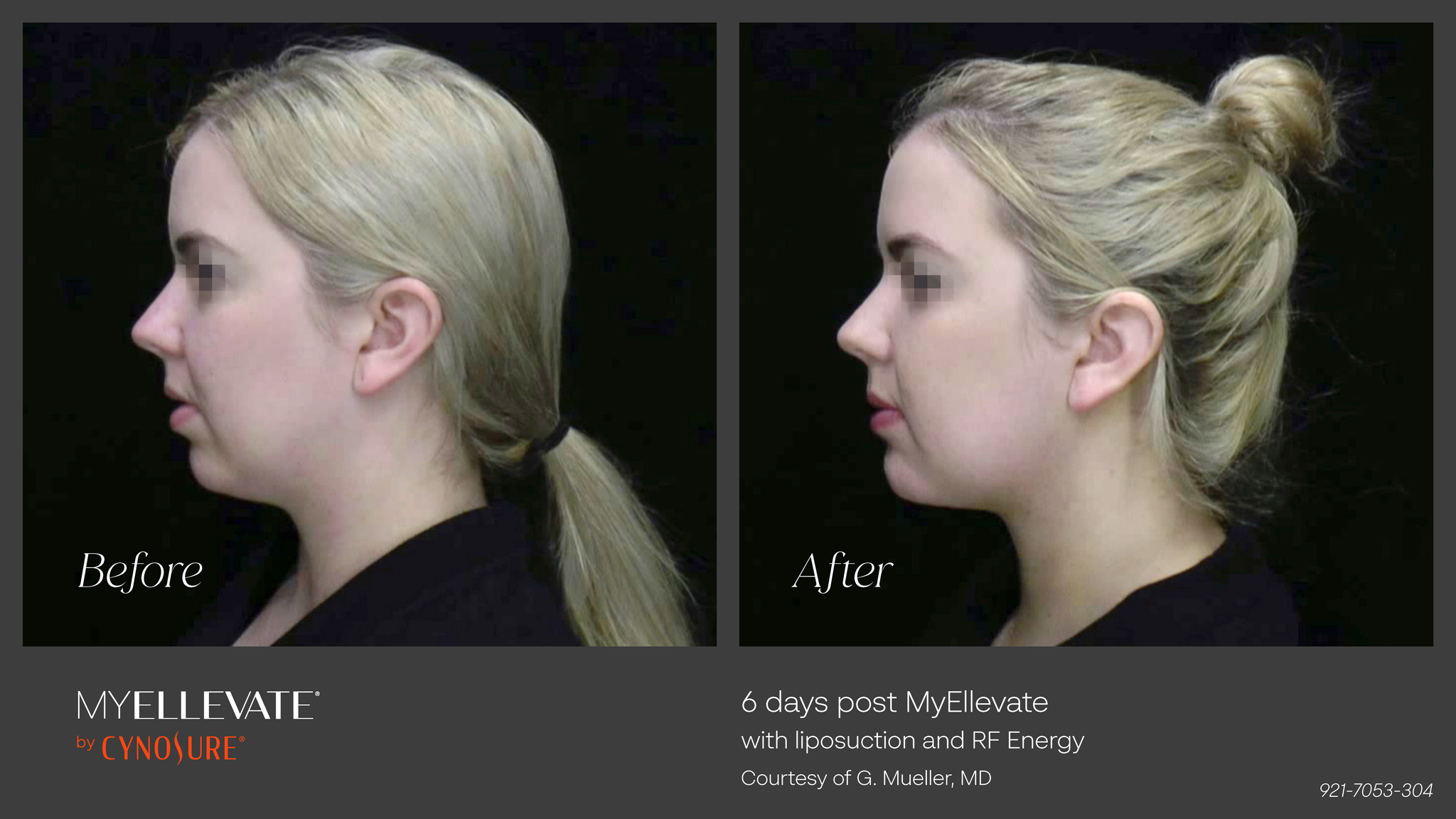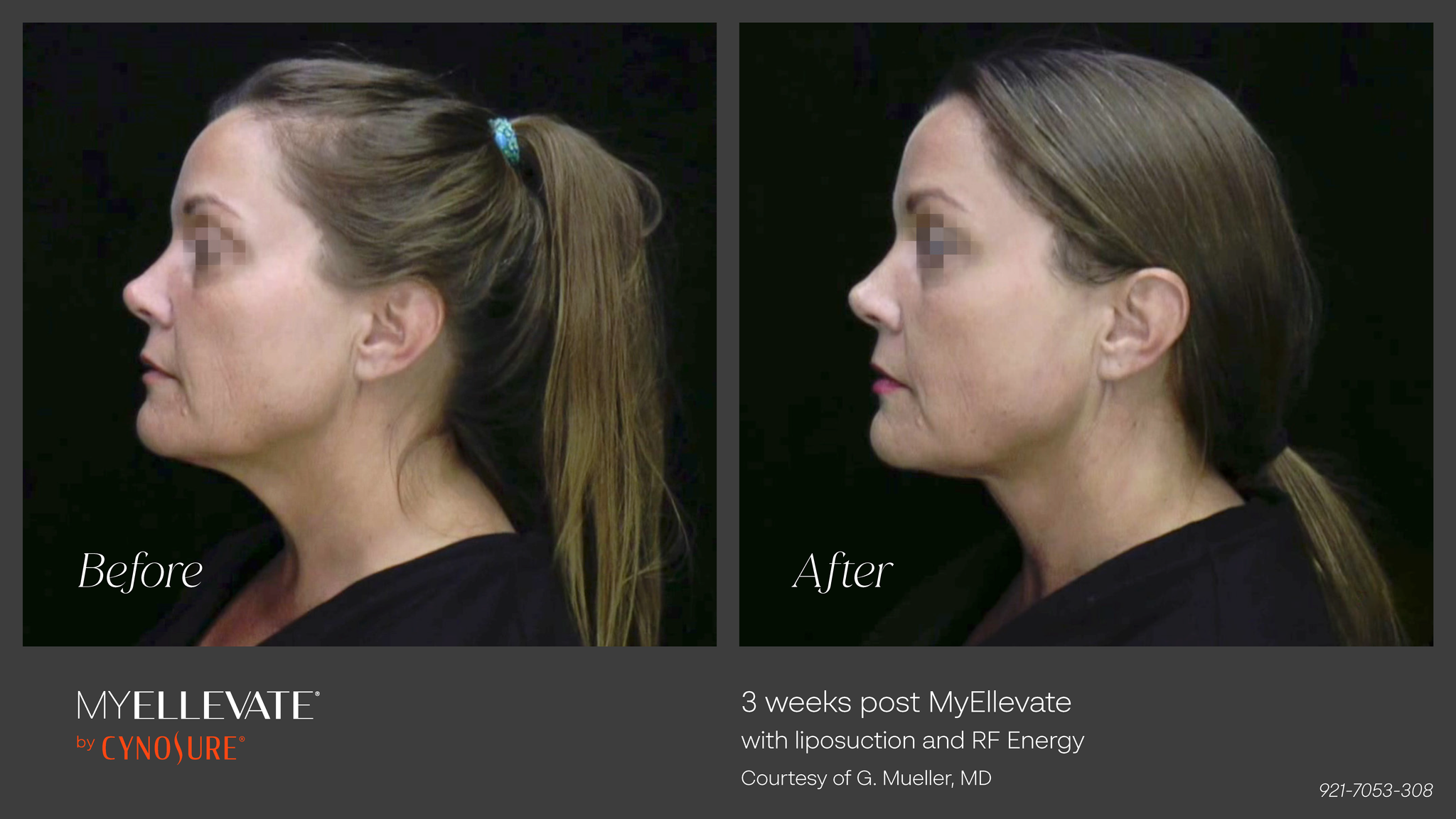Preparing for your Skin Lesions Surgery
Before your surgery you get a good night sleep. Shower and wash hair and face on the day of the surgery. If any medications need to be discontinued, you will be given instructions before your surgery date. It is important to follow your doctor advice. And do not wear jewelry or makeup if surgery is to be performed on the face.
Post Operative Activities
- Keep the area dry for the first 48 hours after stitches have been placed.
- After 3 days, remove the bandage unless your doctor told you otherwise. Allow the wound to be exposed to the open air.
- Keep the site clean and dry by washing it 1 to 2 times daily.

